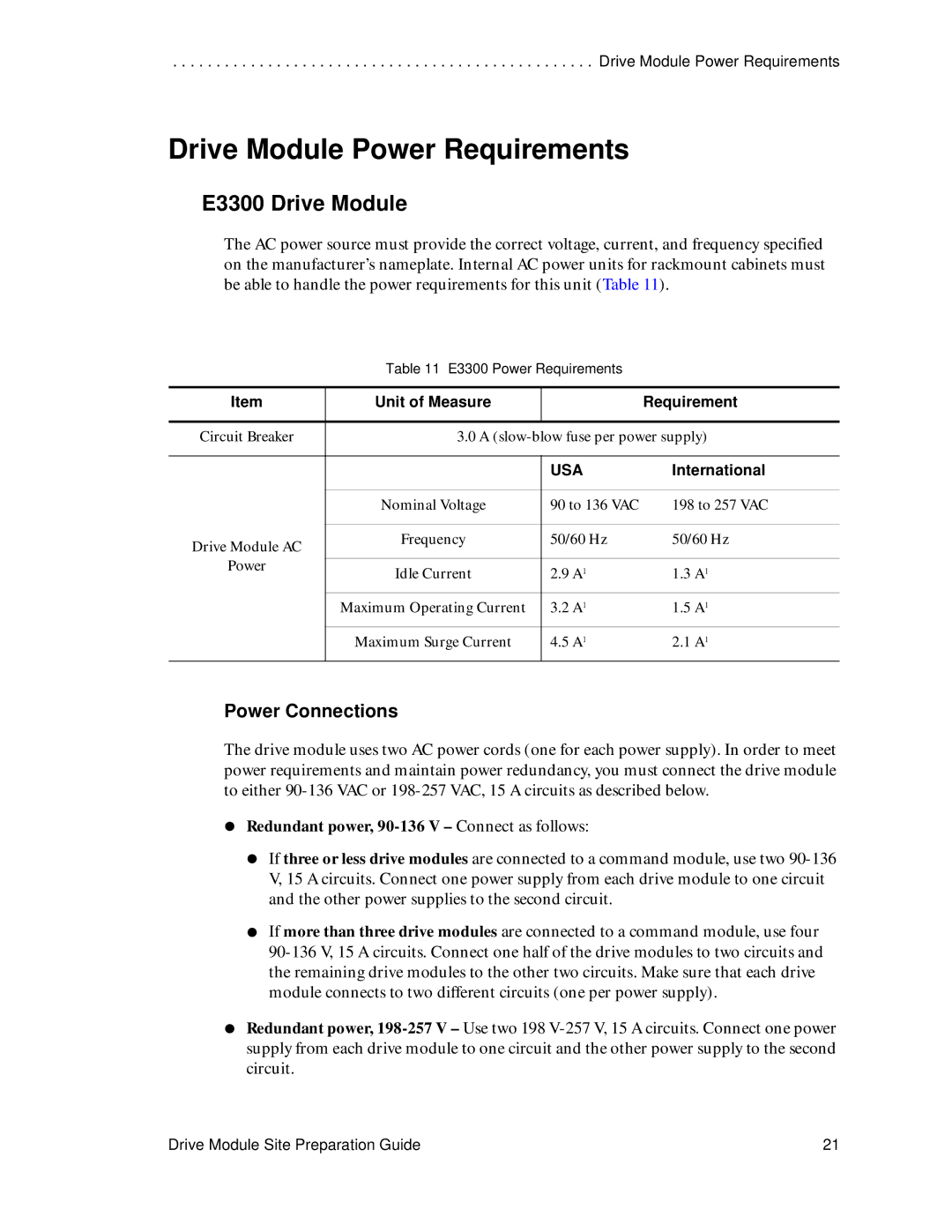DF1153-E1 specifications
The LSI DF1153-E1 is a state-of-the-art communication processor specifically designed to optimize performance in telecommunication and data networking applications. This versatile device is known for its exceptional processing capabilities, high-speed data handling, and comprehensive support for various communication protocols.One of the main features of the DF1153-E1 is its powerful multi-core architecture, which allows for efficient parallel processing of data streams. This design not only enhances performance but also ensures low latency, making it ideal for applications that require real-time data transmission. With its robust processing power, the DF1153-E1 can handle a multitude of tasks simultaneously, enabling seamless communication across networks.
Another key aspect of the DF1153-E1 is its advanced support for various communication interfaces, including TDM (Time Division Multiplexing), VoIP (Voice over Internet Protocol), and packet-based protocols. This flexibility means that it can be integrated into a wide range of systems, from traditional telephony to modern IP-based solutions. As a result, the DF1153-E1 is highly adaptable, catering to the diverse needs of telecommunications providers.
The device incorporates sophisticated error correction and data integrity features, ensuring reliable communication even in challenging network conditions. With built-in support for forward error correction (FEC) and other mechanisms, the DF1153-E1 minimizes data loss and enhances overall network reliability. Additionally, it supports automatic gain control, which adjusts signal strength to provide optimal performance in varying environments.
With a focus on energy efficiency, the LSI DF1153-E1 is designed to minimize power consumption while maintaining high-performance levels. This is particularly important in large-scale deployments where operational costs can significantly impact profitability. By using advanced power management techniques, the DF1153-E1 ensures that users can maximize their return on investment.
In terms of deployment, the DF1153-E1 is highly conducive to integration within a variety of communication systems. Its compact form factor and compatibility with standard communication protocols make it a popular choice among developers looking to enhance the performance of their products.
Overall, the LSI DF1153-E1 is a leading solution for those seeking a high-performance communication processor, combining versatility, reliability, and efficiency while catering to the evolving demands of the telecommunications industry.
